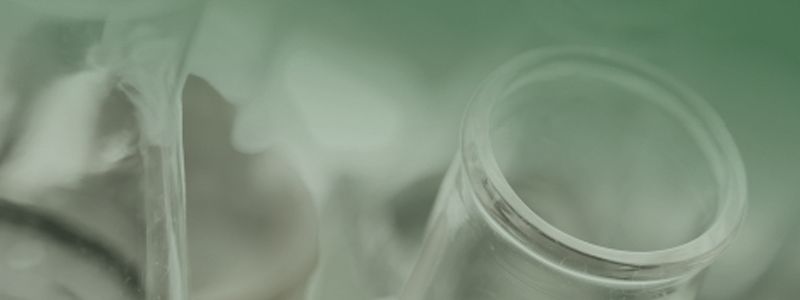Content available at: Español (Spanish) Português (Portuguese (Brazil))
ORAL LESIONS
Oral lesions are particularly prevalent in layers and breeders and can originate from different etiological agents.
Alkaline mycotoxins, such as type A trichothecenes, can cause epithelial lesions and increase the rate of cell turnover (see photo on the right).
Another factor related to food is granulometry, since small particles can obstruct the salivary ducts, causing subsequent oral lesions.
Other frequently ignored factors are, for example:
- Excess of organic acids
- Copper sulphate
- Malfunctioning of the dosing unit
They can be caused by spikes in the concentration of methionine and other components of the food, which end up causing injuries of this type.
MYCOTOXINS: T-2 Toxin or Diacetoxiscirpenol (DAS)
Positive samples to T-2 and / or DAS in the ingredients (ELISA) or the food (HPLC).
Origin of ingredients from a supplier / region with a history of T-2 / DAS contamination.
Histopathology: Proliferation of epithelial cells. Hepatic vacuolation.
Decline of productive indexes of the flock.
Corrective actions
Corroborate the average contamination levels.
Use an antimycotoxin additive at an adequate dosage.
Avoid contaminating silos and water / feed lines with stale, wet or moldy food.
FEED GRANULOMETRY
Regarding pellets:> 20% of fines.
Mash feed: Check the mean geometric diameter of the particles.
Histopathology: Presence of inflammatory cells and bacteria.
No drop in the productive indexes of the flock.
Corrective actions
Readjust the pelletizing process.
Increase the sieving size.
Using ligands in the pellet to improve its quality.
Liquid methionine
Dripping from the methionine injector into the mash preparation tank.
Histopathology: Infiltration of inflammatory cells. Necrotic lesions.
No drop in the productive indexes of the flock.
Corrective actions
Clean / replace the injectors.
ORGANIC ACIDS
Potential causes
Acid injector dripping into mixer preparation tank.
Histopathology: Infiltration of inflammatory cells. Necrotic lesions.
No drop in the productive indexes of the flock.
Corrective actions
Clean / replace the injectors.
Adjust the dosage of organic acids.
HIGH TEMPERATURES
Histopathology: Infiltration of inflammatory cells. Necrotic lesions.
Possible drop in the productive indexes of the flock.
Increased mortality.
Corrective actions
Supply vitamins with water.
Supply organic acids with water.
Increase the concentration of chlorine in the water.
Keep up to date with our newsletters
Receive the magazine for free in digital version
REGISTRATION
ACCESS
YOUR ACCOUNT
LOGIN
Lost your password?

